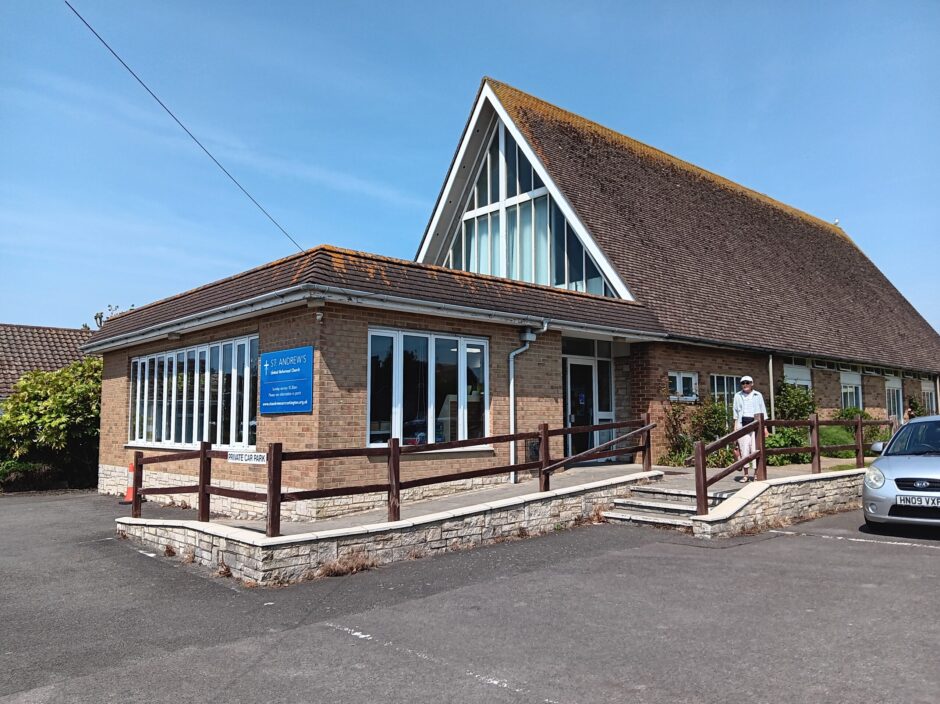The sedate environment of the House of Lords descended into farce yesterday when Baroness Neville-Rolfe, Minister of State for the Cabinet Office, responded to questions on the Economic Activities of Public Bodies Bill (Anti-Boycott Bill). An extraordinary exchange demonstrated only too clearly why this Bill is a cause for serious concern. The Bill will attempt to ban Local Authorities and Universities from Boycott and Divestment actions unless the issue conforms to UK Government policy. (For more information see the Right to Boycott campaign resources). According to the Government the primary concern of the Economic Activities of Public Bodies Bill is the State of Israel. The Bill seeks to ensure that Israel cannot be subject to any procurement or divestment action by any public body (even in relation to goods imported from settlements in the Palestinian territories that Israel illegally occupies).
The Bill had just received a very rough ride in debate with most Lords determined that this misconceived legislation should be returned to the Commons in a very different form. In their speeches several peers pointed out (as we have done in a previous post here) that if this Bill had been in place in the 1970’s and 1980’s, the citizen-led Anti-Apartheid movement would have been illegal. This global movement (bringing together students, trade unions, local government representatives and other civil institutions) was successful in instigating the fall of the South Africa apartheid regime. Yet Boycott, Divestment and Sanctions (BDS) against South Africa was opposed by most rich nation governments including our own.
Lord Boateng, a former UK Ambassador to South Africa (and a Methodist local preacher) had been keenly involved in the Anti-Apartheid campaign in the 1980’s as a London Councillor and a member of the Greater London Council. In the debate, he made the excellent point that, thankfully, the UK’s reputation and standing as a country depends not on the actions of our government but, importantly, on the actions of its citizens. Addressing, Baroness Neville-Rolfe, Minister of State for Cabinet, he said “I tell her as someone who is proud to have had the job of representing Crown and country abroad that the saving grace of Britain’s reputation in South Africa was not its Governments of any political persuasion, but its people. Trade unions, churches and the Mothers’ Union in Brighton led a boycott in that city which is remembered to this day in East Brighton in South Africa. So, whatever the reputation of the British Government, the British people are respected because of their steadfast belief in human rights and their activism and willingness to do something about it. It is that activism and willingness that are attacked by this Bill.”
Later when providing answers to questions raised by peers Baroness Neville-Rolfe, speaking on behalf of the Government, stated that Peers need not be worried that the Bill would have banned the anti-Apartheid Movement because in the 1980’s the UK government had actually worked in concert with campaigners![1] There were gasps from around the house. This is a bit like claiming that President Putin is the prime benefactor of the Russian equivalent of the Campaign for Nuclear Disarmament.

Lord Boateng, who had felt the full force of the British establishment against him in the 1980’s, rose to intervene. He explained that the UK Government had opposed Boycott, Divestment and Sanctions for South Africa. Baroness Neville-Rolfe explained that she was relying on her reading notes provided by government advisers and then tried to move on, but peers were not having it.
Lord Peter Hain had also been a supporter of the Anti-Apartheid movement at the time and explained that it was not only the UK government but the US, many UK territories and most European governments that opposed the movement to apply the pressure of economic sanctions to free Nelson Mandela from prison. Baroness Jones, appreciated that Baroness Neville-Rolfe was relying on her Government advice but felt that an apology was necessary to set the Parliamentary record straight. An apology did not appear to be forthcoming.
The former Ambassador Lord Hannay intervened. Maybe he could help the Minister, he offered. “I did represent this country at the United Nations at the time and everything that Lord Boateng says is totally accurate”. He sat down. It did not seem to help at all. Eventually the Minister did manage to move on but she appeared visibly shaken by the experience.
The image of an able Cabinet Office minister so thoroughly skewered by her own Government’s propaganda illustrates precisely why this Bill is so ‘pernicious’ (to borrow a phrase used by more than one peer in the debate). A government that is capable of re-writing history without even realising it, is equally capable of distorting present narratives to achieve political outcomes.[2] It might on the basis of such misrepresentations that, under this Bill, the actions and freedom of speech of those in serving in local government or public authorities, could be banned.
Peers have said that the Economic Activities of Public Bodies Bill would be a nightmare for the courts and litigation. It would be unhelpful, to say the least, for community relations in the UK. It also rides roughshod over civil liberties. The Government should do the sensible thing and withdraw this Bill. For a detailed account of its problems you can see the Methodist and URC submission of evidence to the Bills Committee here. Do consider writing to your MP (Write to your MP (jpit.uk).
[Feature image of the House of Lords is from Parliament TV – Used under the Open Parliament Licence 3.0]
[1] The video of this exchange can be found at 20:26 on the following link to Parliamentary TV. Parliamentlive.tv – House of Lords
[2] This applies whatever party is in power.
<!–
–>
Source
